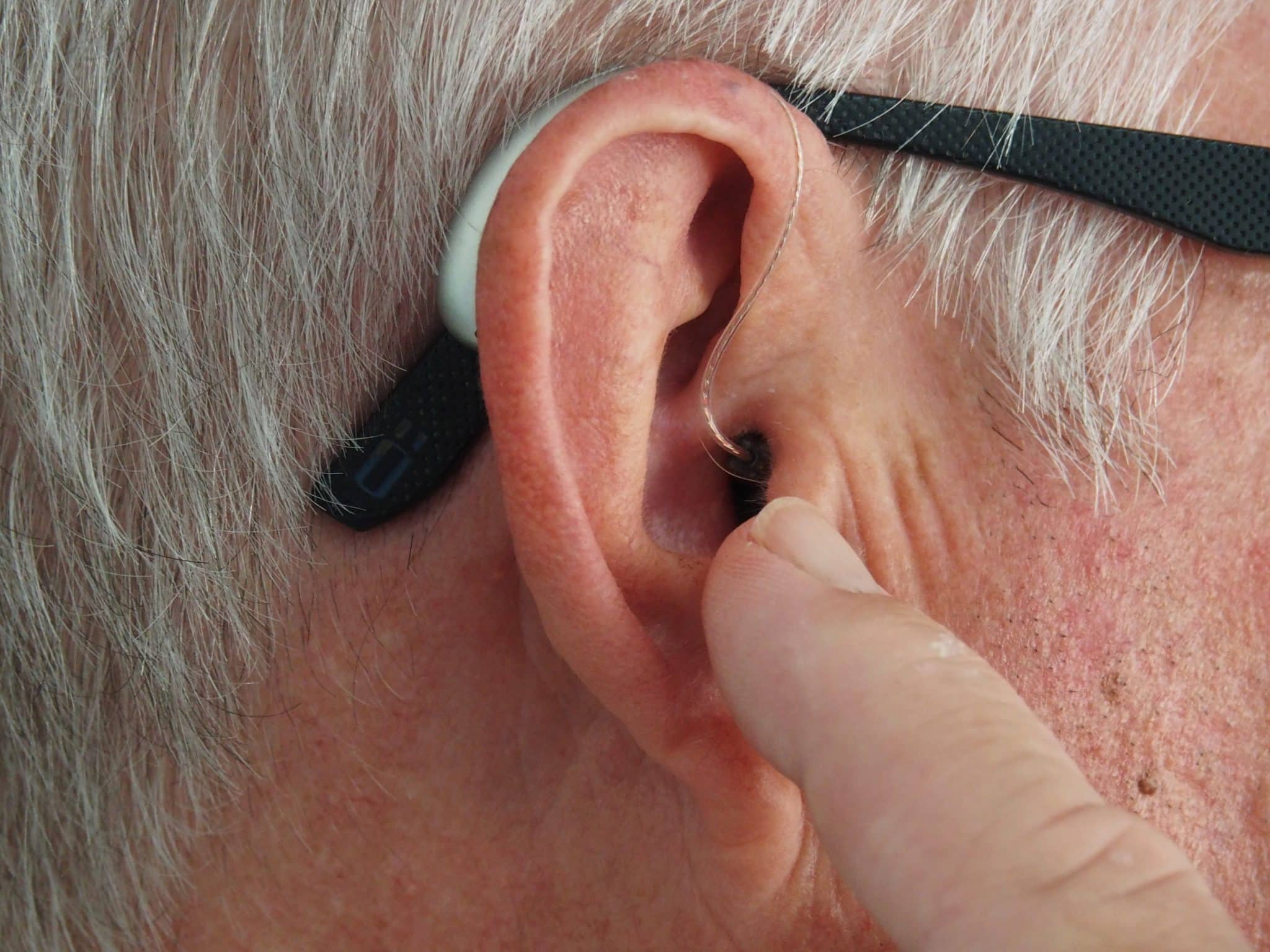While hearing loss is typically known as an older person’s
ailment, it should be on young people’s radar as well. Among today’s teens, hearing loss is up 30% from teens in the 1980s and 1990s, according to an
NBC report. Preventative actions (or damages) from youth can affect hearing later in life, so it is imperative to understand what causes the problem to worsen, as well as see the potential negative effects of the future.
What’s Causing the Rise of Hearing Loss in Young People?
Earbuds
Since
earbuds are a relatively new technology, they have been embraced (and abused) by young people. These tiny speakers rest right inside the ear, sending sound directly into the ear canal while blocking outside sounds. Decreasing the distance from sound to ear drum is dangerous. Going from a standard speaker to earbuds can increase volumes by 9 decibels, even if the volume knob remains the same. In as few as 8 minutes of listening to loud music through earbuds, damage occurs. At full volume, earbuds can produce as much sound as a rock concert.
Alcohol
Hearing loss is not often linked to alcohol consumption, but for young people, introducing
alcohol can decrease inhibitions for risky behaviors. Take for example a
concertgoer who imbibes. The more they drink, the closer they move to the stage’s speakers, causing potential hearing loss. Additionally, alcohol prevents the acoustic reflex from protecting the middle ear. Young people should think about the effects of alcohol on their hearing both in present day and the future.
How This Impacts Young People
Greater hearing loss down the line and impact on school
Why should kids care? If they inflict hearing loss and the tiny hairs within their ear begin to deplete, the hairs cannot regrow, making the loss permanent. This leads to trouble with the interpretation of sounds, which explains why whispers and conversations in loud rooms are tough for those with hearing loss to understand. If a young person’s hearing begins to worsen in their youth, they may have greater trouble concentrating in school.
NPR reports that even the slightest hearing loss can decrease social engagement and success within school.
Increase in tinnitus
A study published in
Scientific Reports monitored Brazilian students ages 11 to 17 on their self-perception of tinnitus and everyday sound levels and additionally asked that they report their listening habits. Scientists found that over half of participants reported tinnitus and half of those noticed the tinnitus after listening to music at a high volume. The report also brings to light the amount of background sounds youth experience. Be it loud restaurants, noisy outdoor sports, or parties – young people expose their ears to loud sounds everywhere, and if they turn up the volume on their earbuds to drown out the background, they risk permanent
hearing loss.
Looking Forward
CNBC reported on a study published in the JAMA Otolaryngology-Head & Neck Surgery Journal. This study, completed by Johns Hopkins scientist Adele Gorman, focused on surveys from the National Center for Health Statistics, primarily about hearing test results. Based on the trends they noticed, the Johns Hopkins team created a formula for potential future hearing loss. According to their projections, the number of adults over the age of 20 with hearing loss will rise to 44 million by 2020.
Currently, 2 of every 3 Americans over the age of 65 report hearing loss, but to see these staggering numbers in the lower age demographic is concerning. The numbers continue to rise in their projections, hitting 73 million people by 2060. If young people do not focus on
protection and prevention, they will suffer earlier and worse than previous generations.
By: Diana Michel




